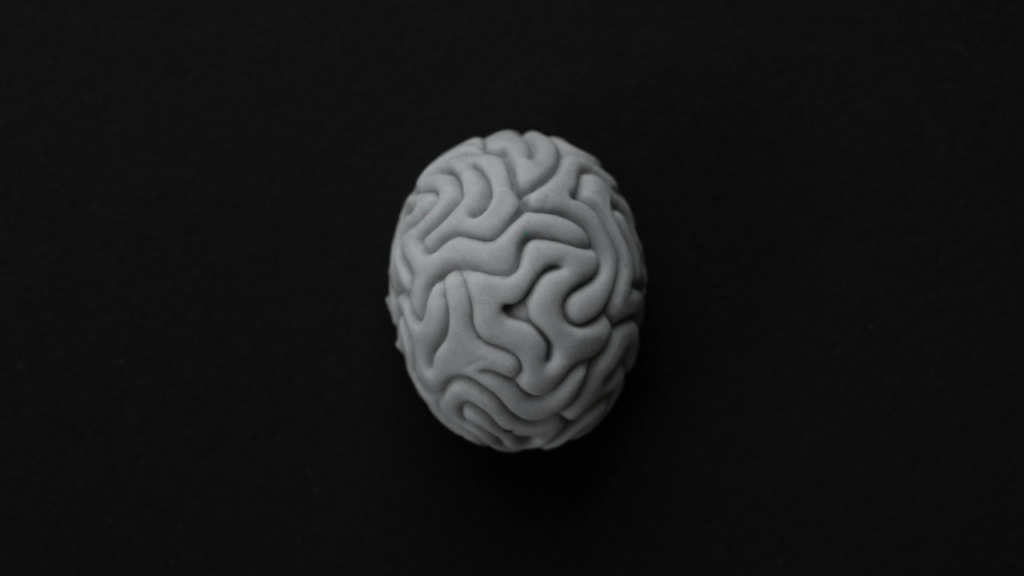The human brain, a complex organ responsible for our thoughts, emotions, and behaviors, undergoes significant changes when exposed to addictive substances. Understanding these changes is crucial for comprehending the nature of addiction and developing effective treatment strategies.
How Drugs Affect Brain Structure and Function
Drug use can alter the brain in various ways, impacting both its structure and function:
Changes in Neurotransmitter Systems
Drugs primarily affect the brain by interfering with its neurotransmitter systems. Different drugs target specific neurotransmitters:
- Opioids mimic the brain’s natural endorphins, binding to opioid receptors and flooding the system with dopamine.
- Stimulants like cocaine and methamphetamine increase dopamine levels by blocking its reuptake or stimulating excess release.
- Alcohol enhances the effects of GABA, an inhibitory neurotransmitter, while also affecting dopamine and endorphin systems.
Over time, these disruptions can lead to lasting changes in how neurotransmitter systems function, often resulting in tolerance and dependence.
Alterations in Brain Reward Circuits
The brain’s reward system, centered around the nucleus accumbens and involving the neurotransmitter dopamine, is particularly susceptible to drug-induced changes. Repeated drug use can:
- Desensitize the reward system, making it less responsive to both drugs and natural rewards.
- Lead to heightened sensitivity to drug-related cues, contributing to cravings and relapse.
- Alter the balance between the reward system and stress systems, intensifying negative emotional states during withdrawal.
Impact on Decision-Making and Impulse Control
Drug use affects regions responsible for executive functions, particularly the prefrontal cortex. This can result in:
- Impaired decision-making abilities
- Reduced impulse control
- Difficulties in regulating emotions
- Problems with long-term planning and behavioral flexibility
Short-Term vs. Long-Term Effects of Drug Use on the Brain
The impact of drugs on the brain varies depending on the duration and intensity of use:
Short-Term Effects
Immediate effects of drug use can include:
- Altered perception and mood
- Changes in cognitive function, such as attention and memory
- Impaired motor control
- Fluctuations in blood pressure and heart rate
While many of these effects are transient, they can still pose significant risks, especially in situations requiring alertness or coordination.
Long-Term Effects
Prolonged drug use can lead to more persistent changes:
- Structural changes in brain regions associated with learning, memory, and emotional regulation
- Lasting alterations in neurotransmitter systems, affecting mood and cognitive function
- Increased risk of mental health disorders, including depression and anxiety
- Cognitive deficits that may persist even after achieving sobriety
Neuroplasticity and Recovery
Despite the significant changes drugs can cause in the brain, there is hope for recovery. The brain’s ability to adapt and rewire itself, known as neuroplasticity, plays a crucial role in the healing process:
- With prolonged abstinence, many drug-induced brain changes can be reversed or compensated for.
- New neural pathways can form, supporting healthier behaviors and thought patterns.
- Cognitive functions often improve over time, though the rate and extent of recovery can vary among individuals.

How Different Drugs Affect the Brain
While all addictive substances impact the brain’s reward system, different drugs can have unique effects:
Opioids
Opioids like heroin and prescription painkillers can cause rapid and severe changes in brain structure and function. They primarily affect:
- The brain stem, slowing breathing and potentially leading to life-threatening respiratory depression
- The limbic system, producing intense feelings of pleasure and, over time, severe emotional dysregulation
Stimulants
Cocaine, methamphetamine, and other stimulants can lead to:
- Decreased gray matter in prefrontal areas, affecting decision-making and impulse control
- Changes in dopamine signaling that can persist long after drug use ceases
- Increased risk of movement disorders and cognitive impairment
Alcohol
Chronic alcohol use can result in:
- Shrinkage of brain tissue, particularly in regions crucial for learning and memory
- Disruption of white matter tracts, affecting communication between brain regions
- Increased risk of alcohol-related brain damage, including Wernicke-Korsakoff syndrome
JourneyPure At The River: Neurobiology-Informed Addiction Treatment
At JourneyPure At The River, we recognize the profound impact of drug use on the brain and tailor our treatment approaches accordingly:
- Targeted Therapies: Our treatment plans include cognitive rehabilitation exercises, as needed, designed to strengthen areas of the brain impacted by substance use.
- Medication-Assisted Treatment: When appropriate, we utilize medications that can help normalize brain function and reduce cravings.
- Holistic Approaches: We incorporate nutrition, exercise, and mindfulness practices to support overall brain health and function.
- Education and Skill-Building: We provide extensive education on the neurobiology of addiction and teach skills to manage cravings and prevent relapse.
Understanding how drug use changes the brain is crucial for developing effective addiction treatment strategies. While the impact of substance use on the brain can be significant, there is substantial evidence that with proper treatment and support, the brain can heal and recover.
If you or a loved one is struggling with substance use, don’t wait to seek help. Contact JourneyPure At The River today at 629-222-9449 to learn more about our neurobiology-informed treatment programs. Our expert team is ready to support you on your journey to recovery and restored brain health.
